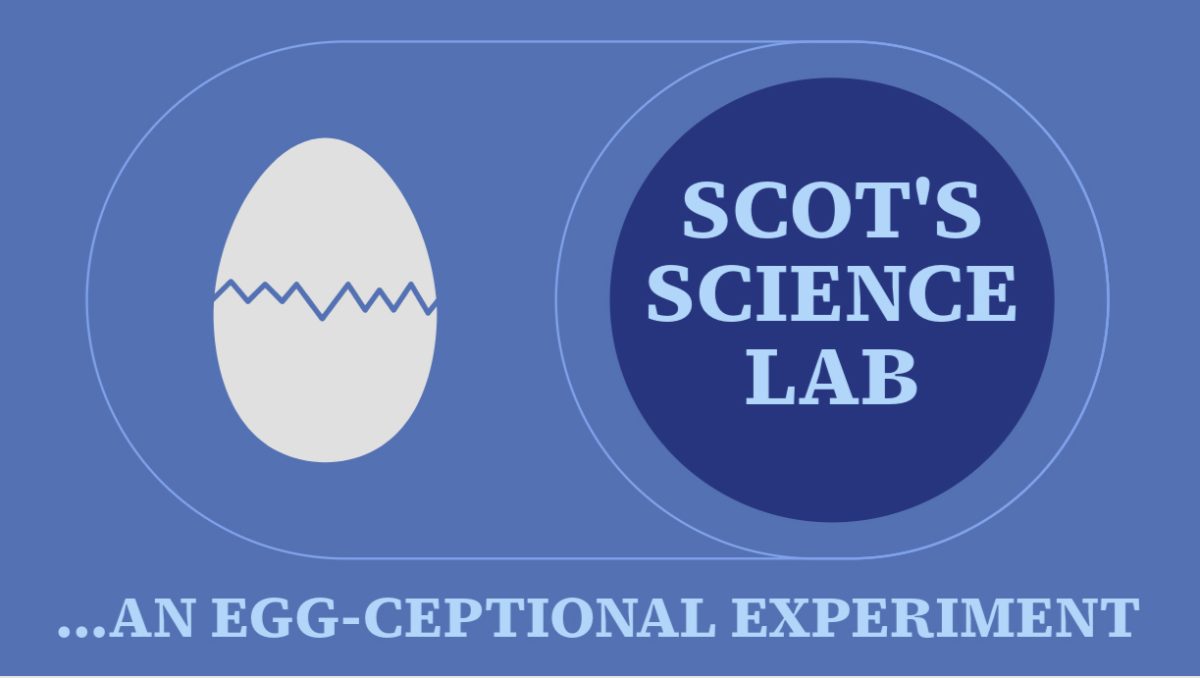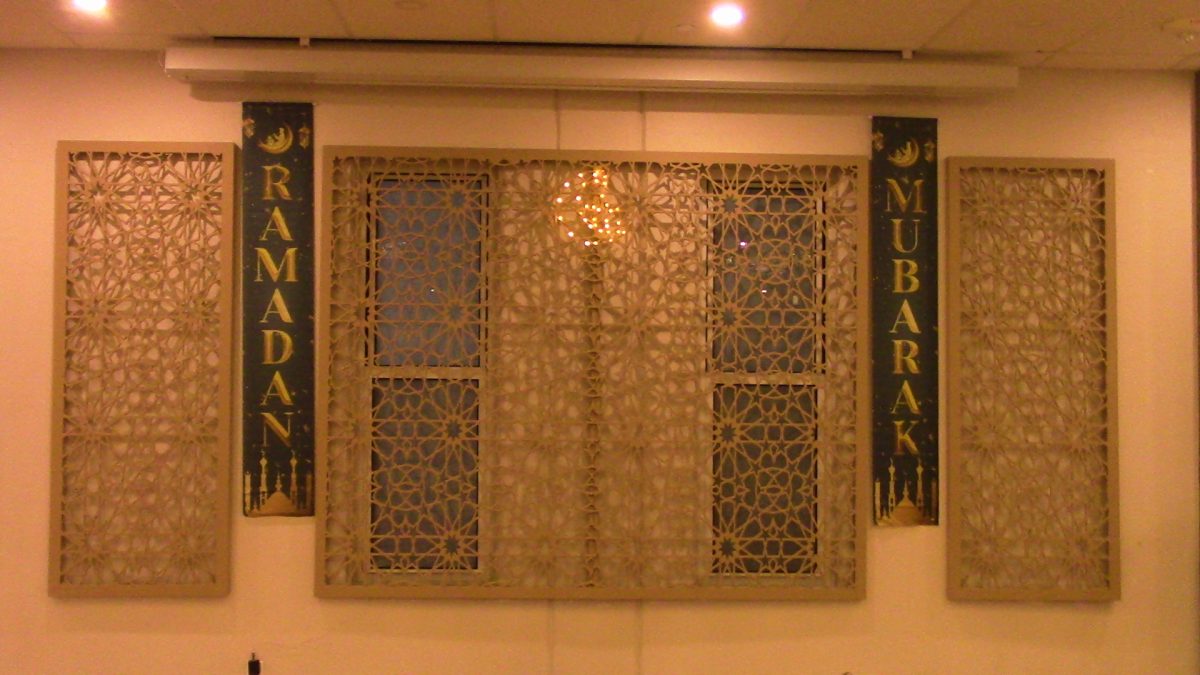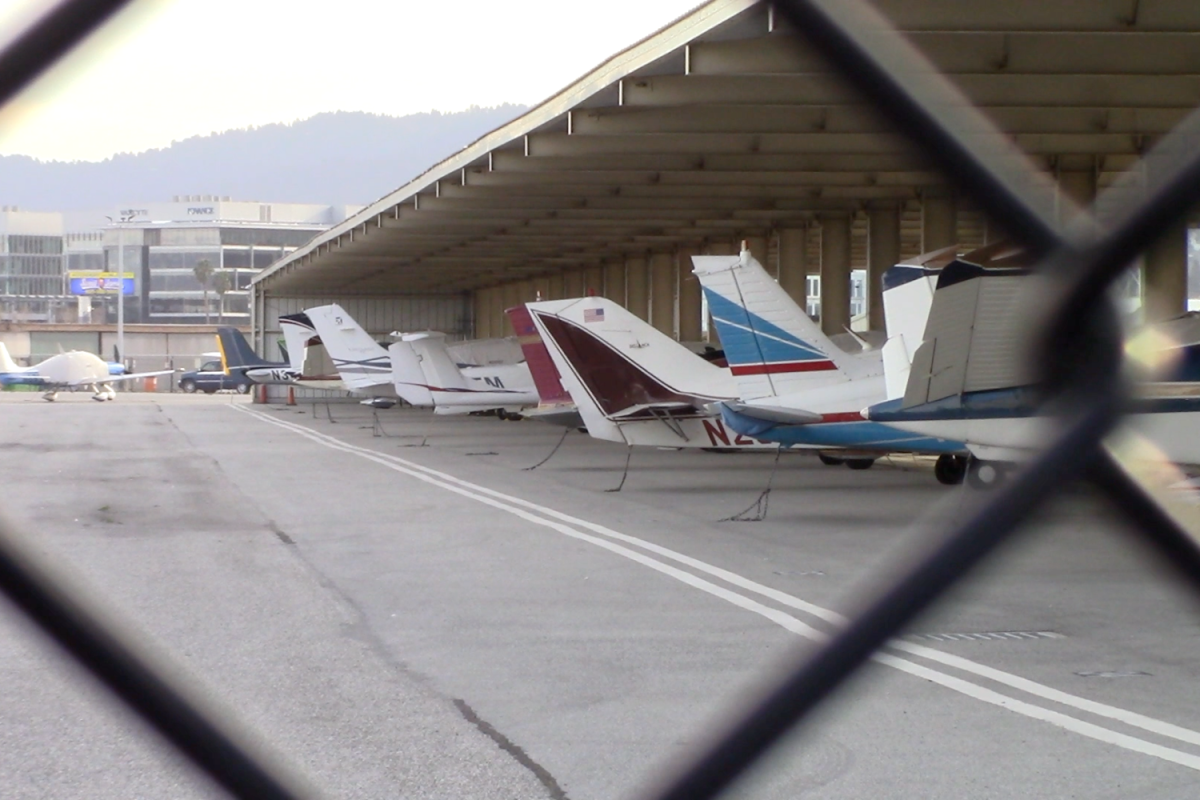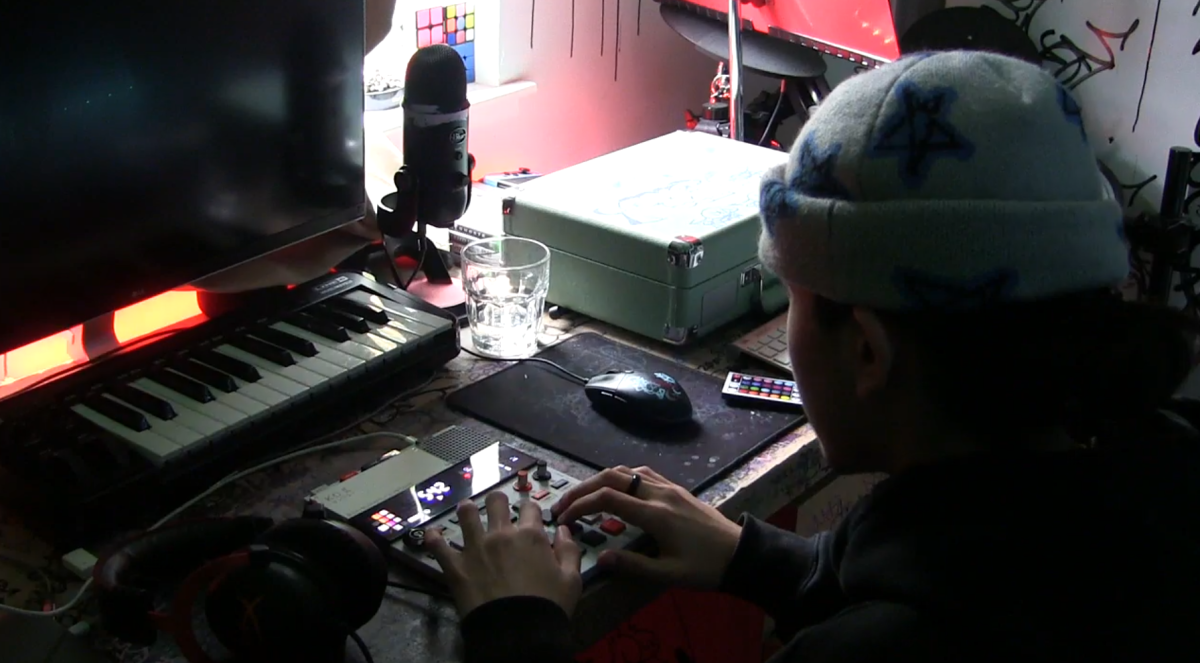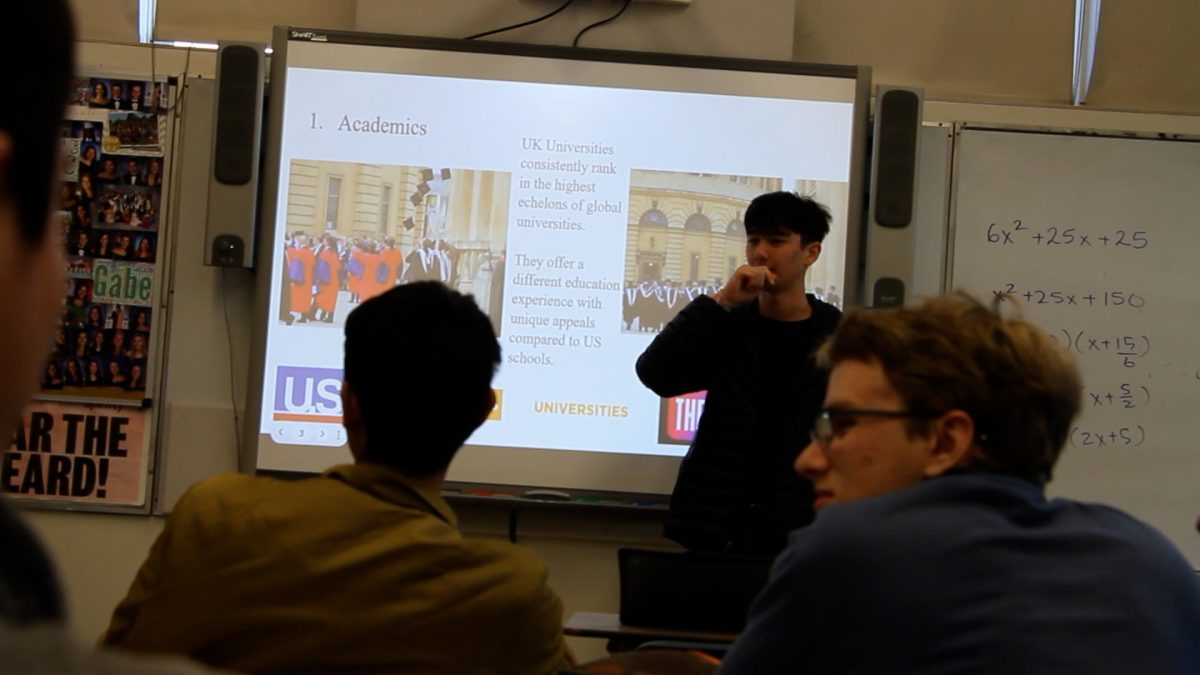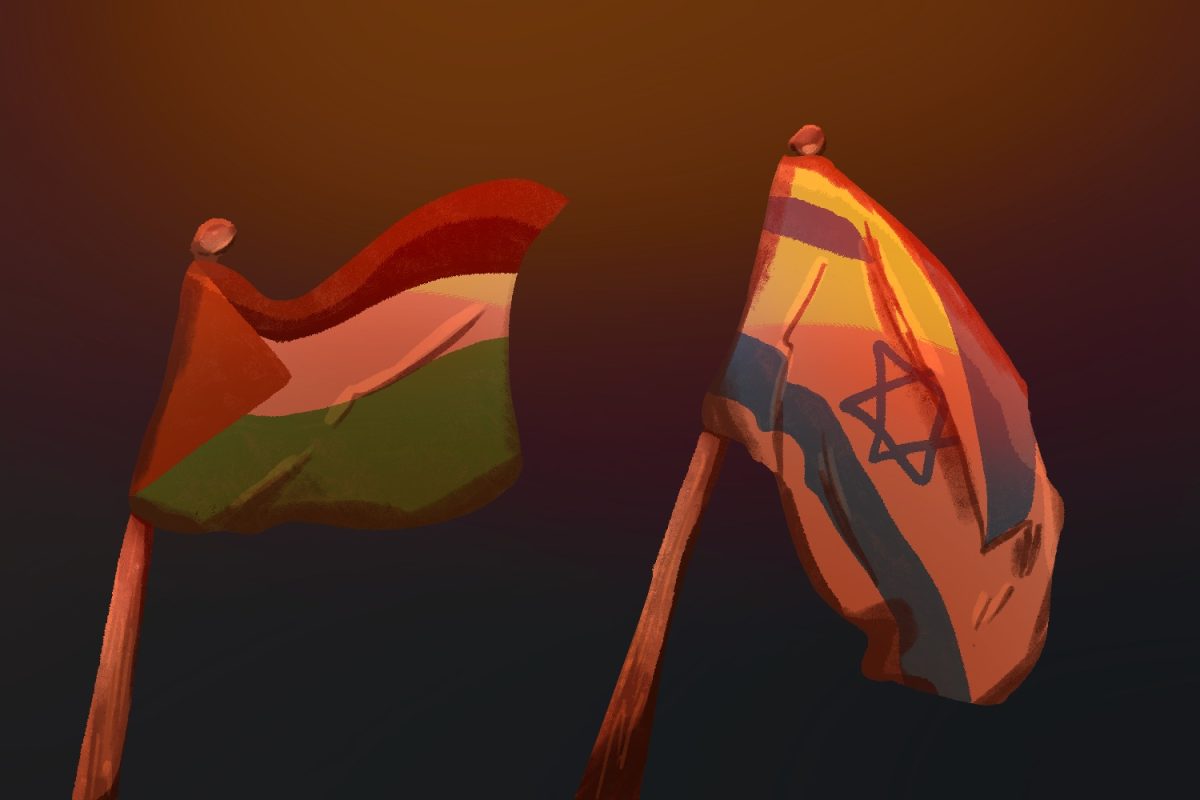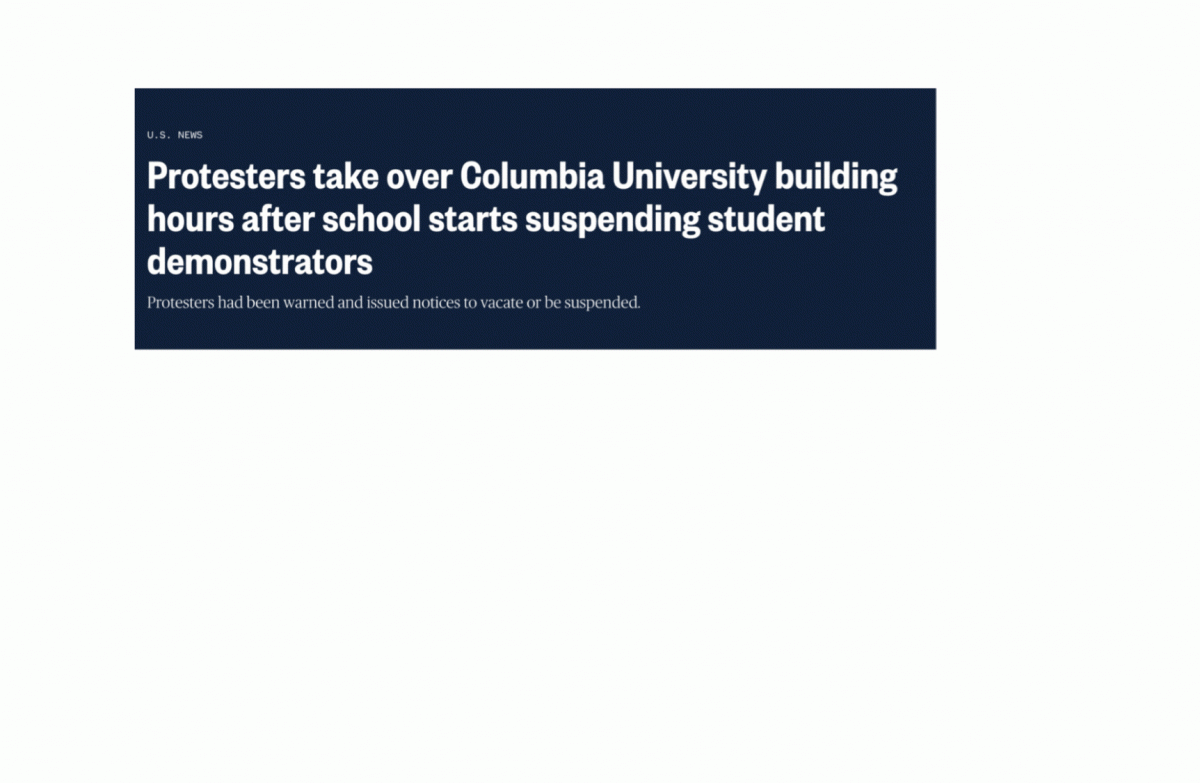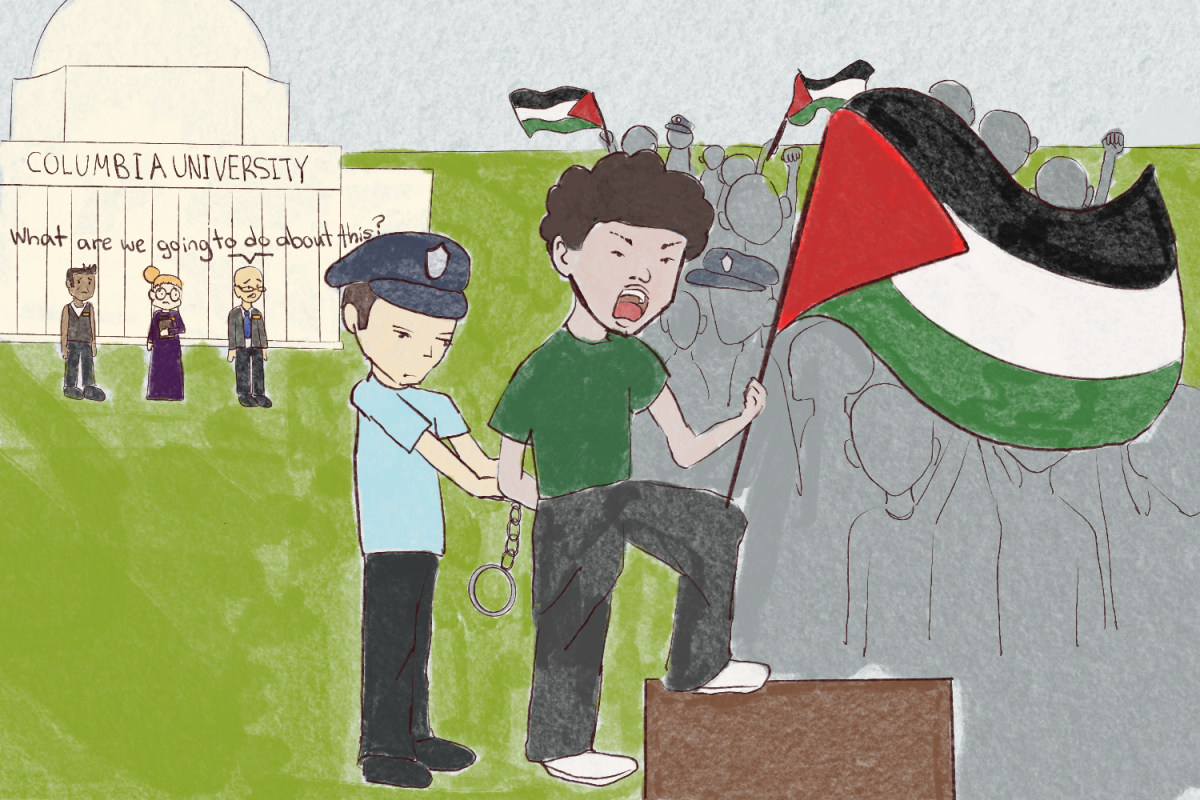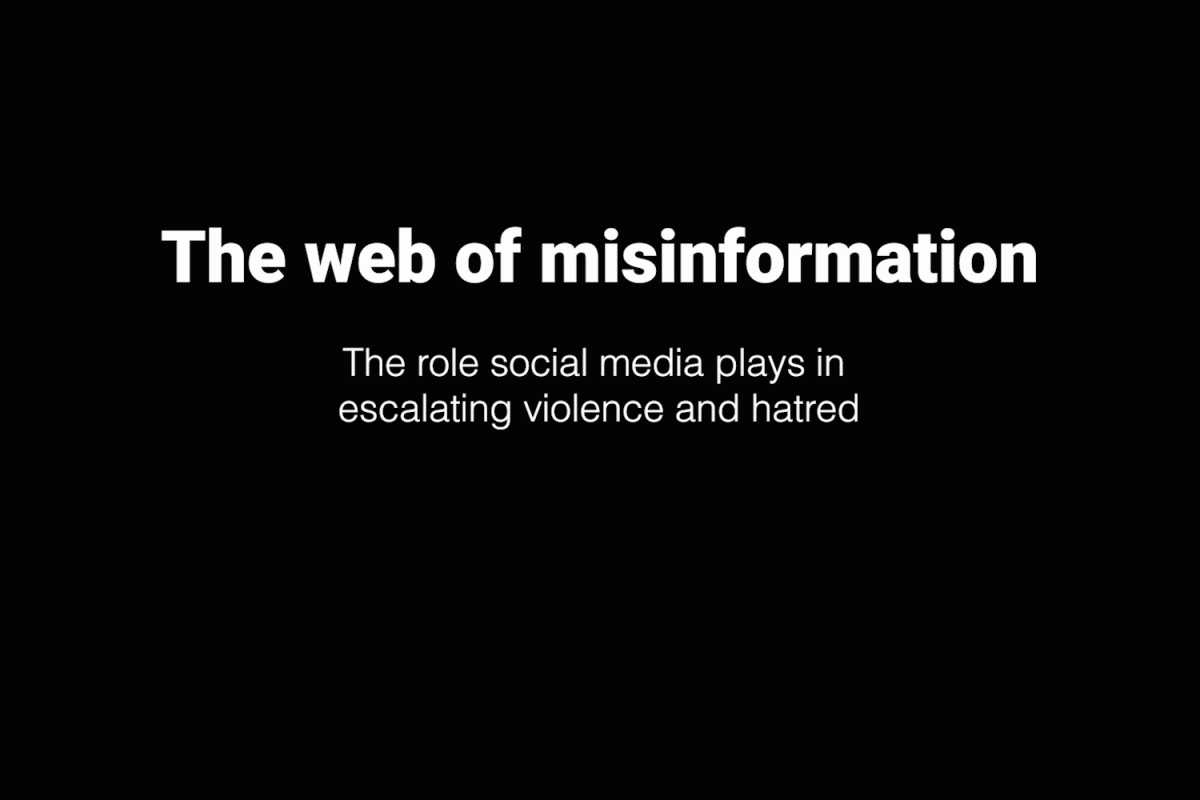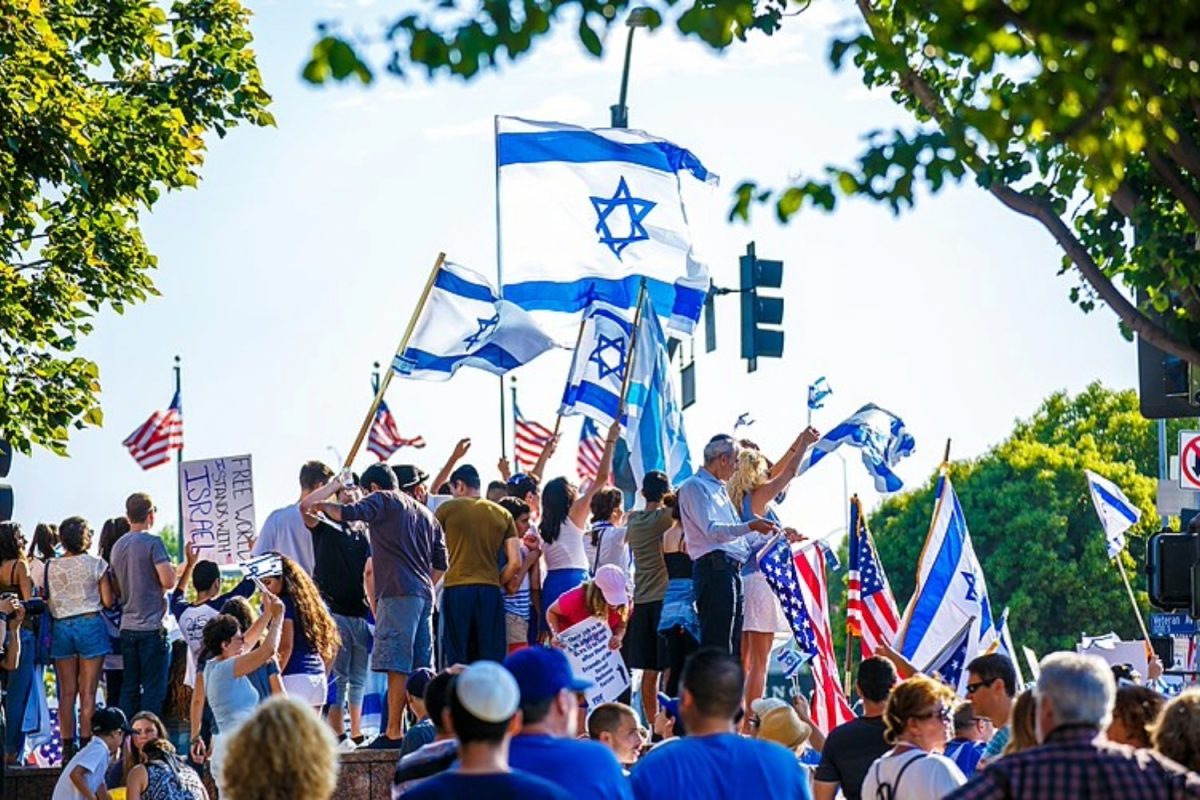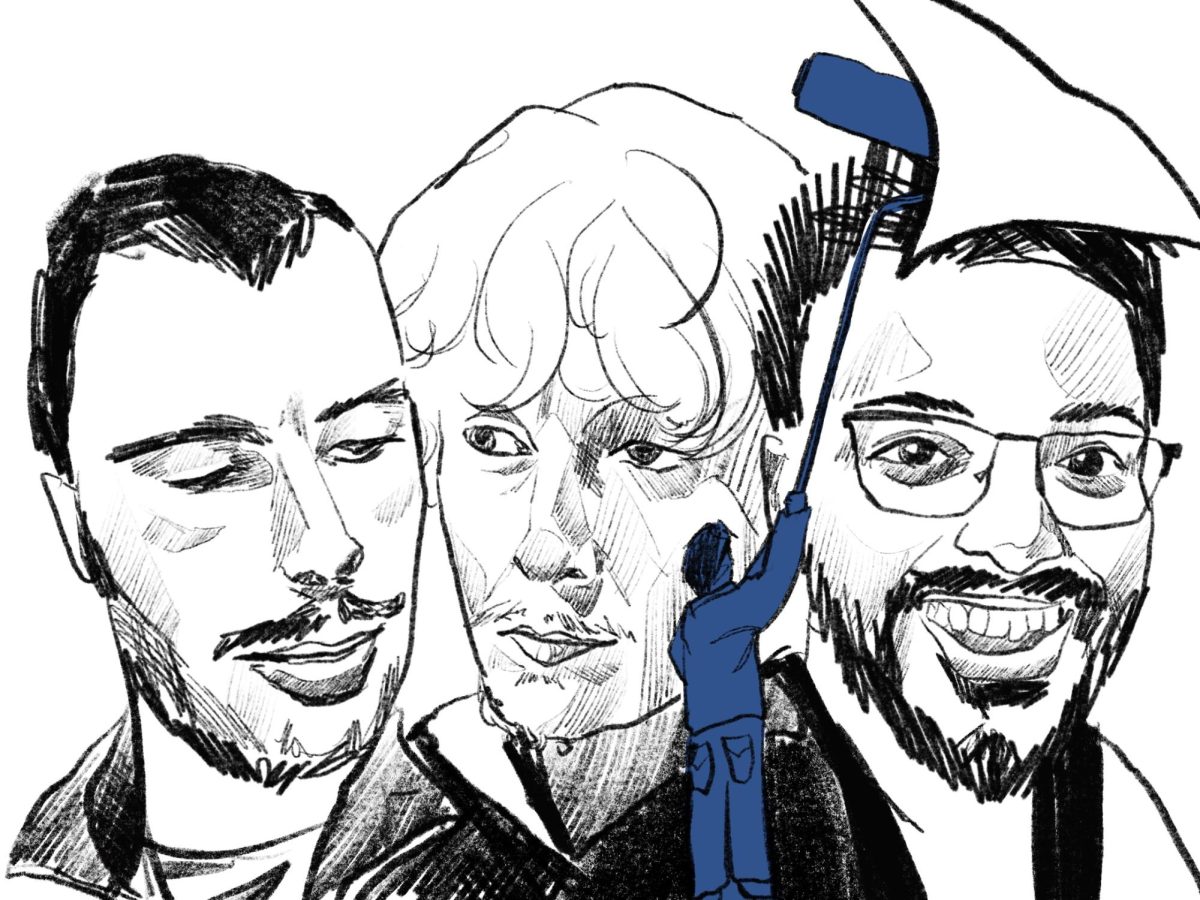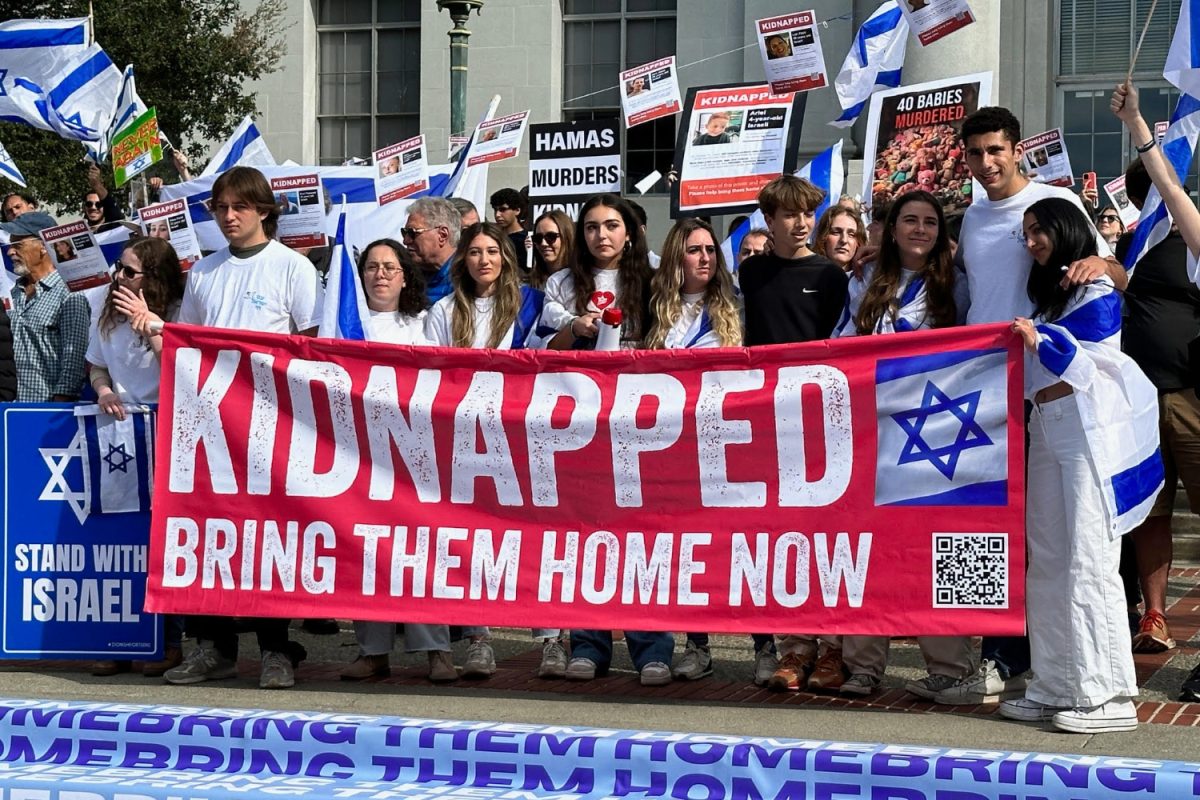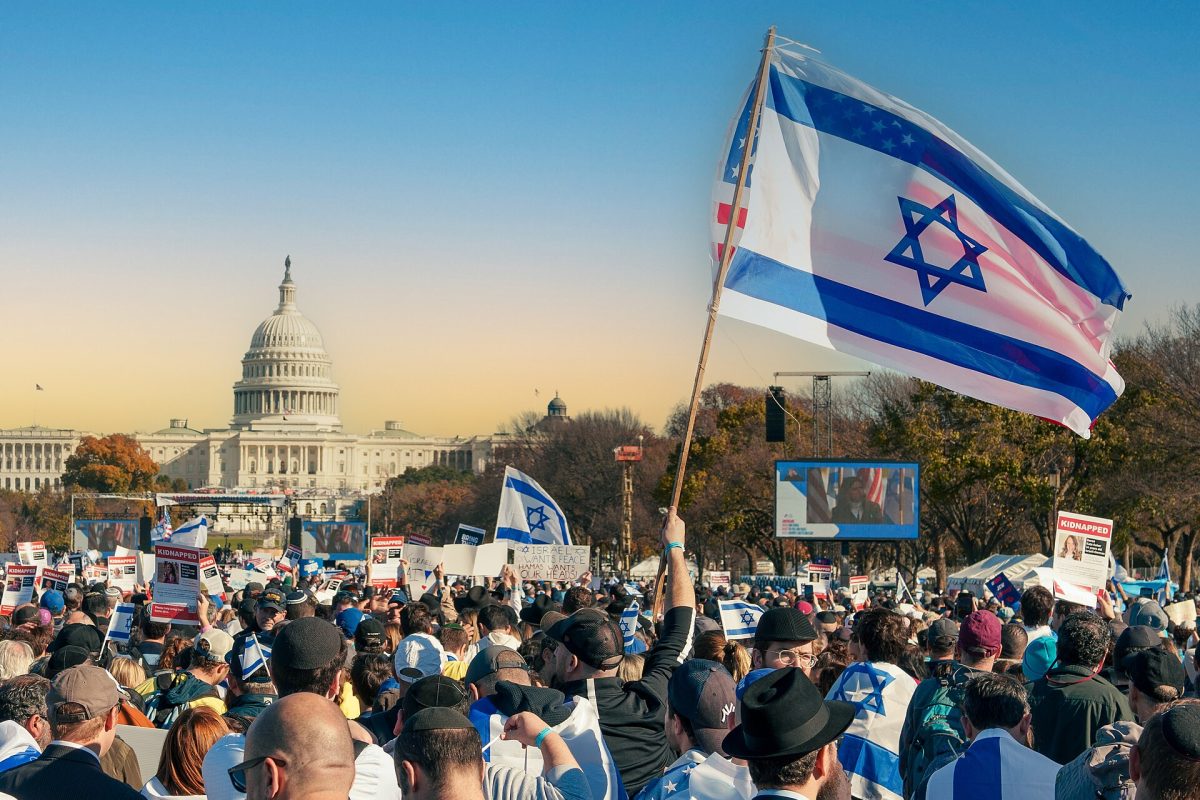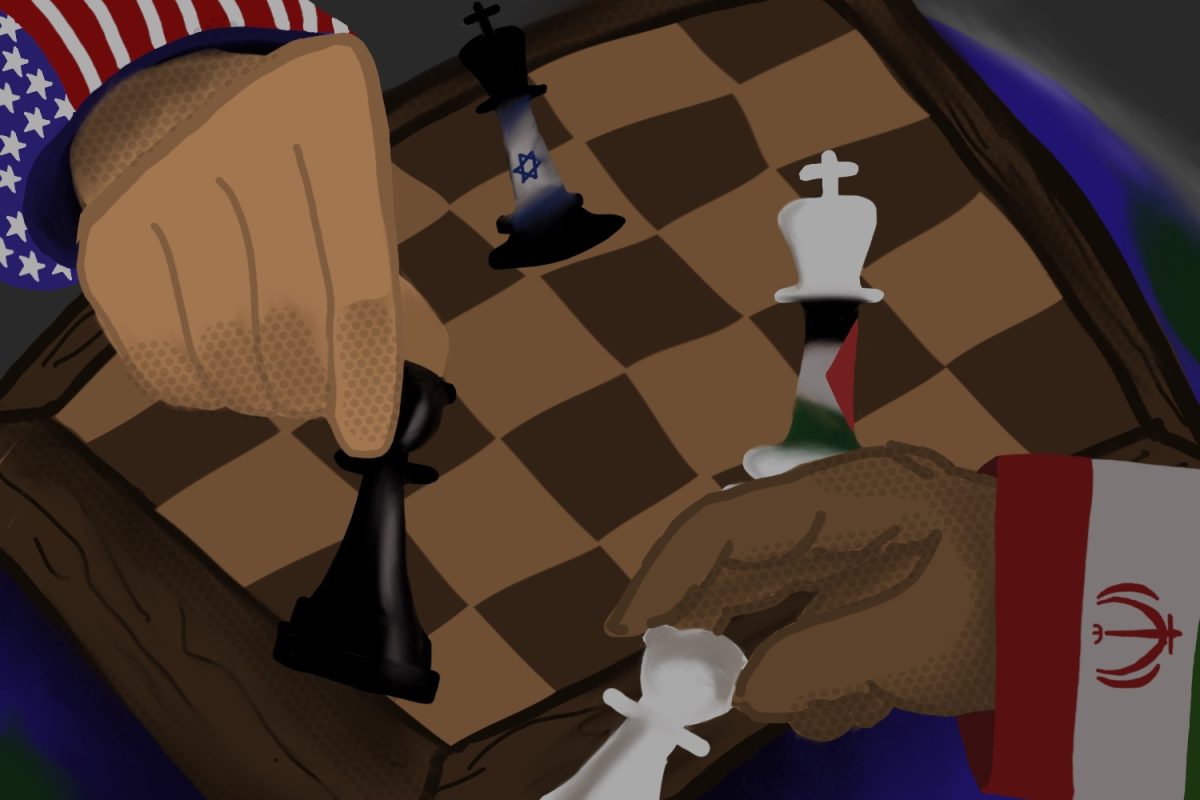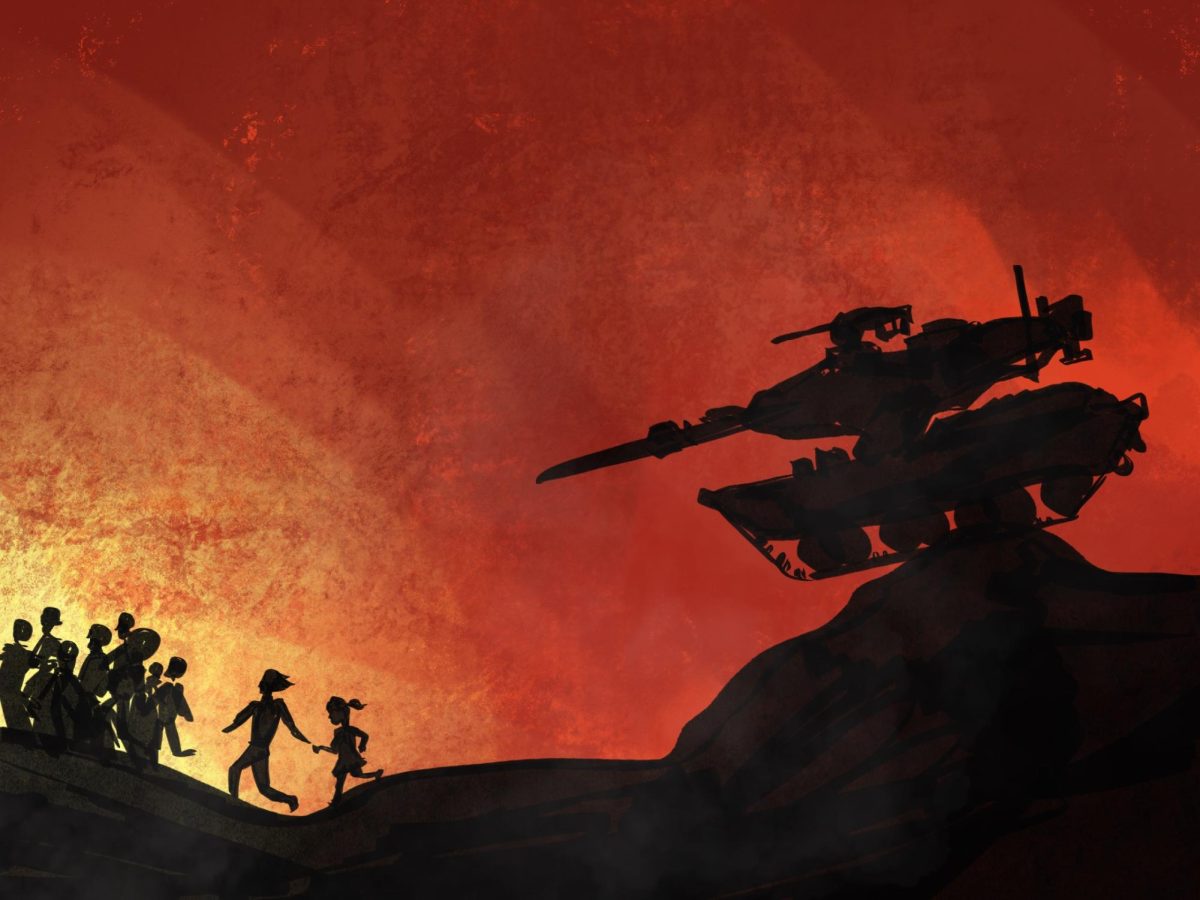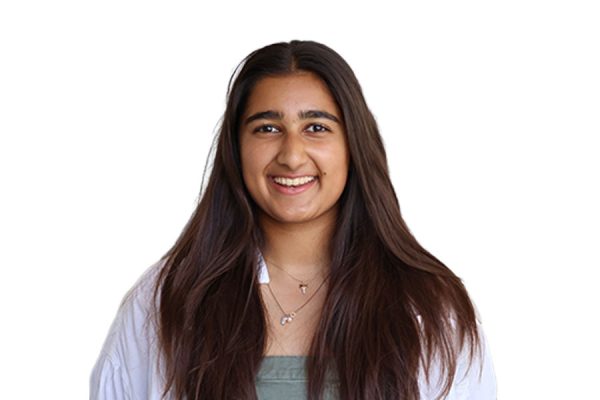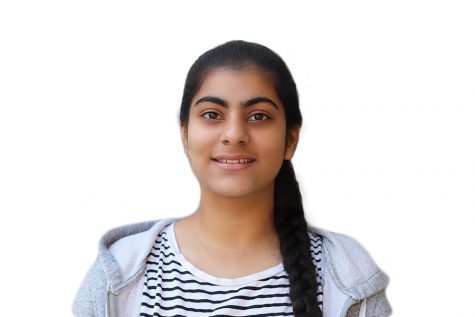After the Oct. 7 attacks by Hamas on Israel, Israelis and Palestinians alike are mourning casualties in the complex, nuanced conflict. The repercussions of this regional war have resonated globally, triggering widespread protests in the Arab world and the West.
The conflict has ignited a resurgence in political activism, accompanied by fervent anti-Islamic and antisemitic sentiments on a global scale. College campuses have become battlegrounds for waves of protests supporting both Israel and Palestine, resulting in increased tensions, counter-protests, and, in numerous instances, violence.
These demonstrations have highlighted the impact of the regional conflict on younger generations. As a result, Carlmont High School’s diverse student population has been significantly affected by the war, sparking discussions about the root causes, consequences, and potential solutions for the conflict.
As additional details emerge regarding the conflict, it becomes crucial to acknowledge the diverse range of perspectives. Marcus Oettinger and Mirella Odesskiy provide insights into the geopolitical nuances of the conflict, emphasizing international reactions. Simultaneously, student-activist Serene Nofal offers perspectives on the Palestinian cause and underscores the lengthy history of conflict between Israel and Palestine.
Currently, the Biden administration has urged a cease-fire between Israel and Hamas and committed billions in support to Israel, along with providing millions in aid to Gaza. This conflict has taken center stage in the American foreign policy agenda and is anticipated to be a focal point of discussion in the upcoming primaries and the 2024 elections.
The New York Times recently reported that Israel had received documented evidence of a planned Hamas attack a year earlier, dismissing it as an “ambitious” plan. Egypt had issued warnings weeks before the attack, which were also ignored. Just days before Oct. 7, U.S. intelligence notified Israel of a security threat, but Israel did not take action. Many were surprised that Mossad, Israel’s intelligence system and one of the most powerful in the world, dismissed multiple clear warnings.
It is crucial to recognize that the conflict has not ended and is impacting people’s lives on both sides. The Israel-Hamas conflict should not be viewed as a religious conflict, and the spread of hate, Islamophobia, and antisemitism stemming from it is unacceptable. Scot Scoop urges you to conduct thorough research on this topic, engage in discussions with friends and family, and remain open to understanding the diverse perspectives that accompany this nuanced conflict.

